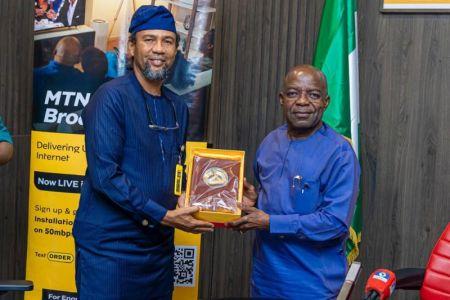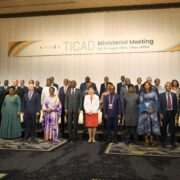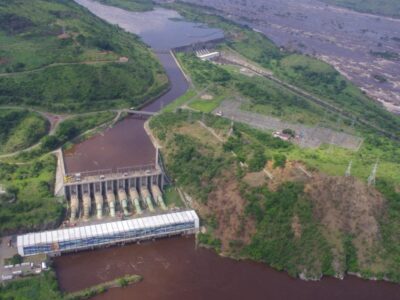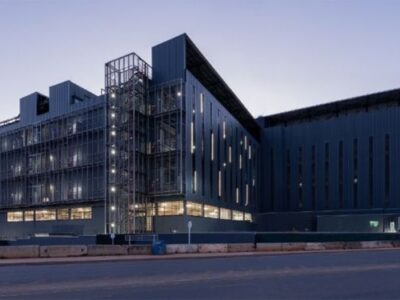
-
Nigeria targets ICT to contribute 22% of GDP by 2027, up from 17% in 2024
-
Abia signs MoU with MTN; other states push forward with training and infrastructure
-
Federal and state-led efforts focus on broadband, skills, data systems, and free Wi-Fi
Nigeria’s federal and state governments are ramping up digital transformation efforts to drive economic growth, aiming to raise the ICT sector’s contribution to GDP to 22% by 2027, up from 17% as of December 31, 2024.
This week, Abia State signed a memorandum of understanding with MTN, joining a growing list of Nigerian states adopting digital transition plans. The agreement focuses on expanding broadband, digitizing public services, and supporting local merchants through digital tools.
According to Karl Toriola, CEO of MTN Nigeria, this collaboration aims to make a concrete and lasting impact; from expanding broadband access throughout the state, providing equipment to public officials, implementing cloud solutions for administration, to creating digital showcases for local merchants.
Other states are moving in the same direction. Last week, Zamfara State signed a deal with Oracle to train youth and professionals in digital skills. In March 2025, Benue State committed to training 40,000 civil servants, building on a partnership signed with Huawei in November 2024.
Bauchi State has partnered with Galaxy Backbone to improve digital infrastructure, and the Federal Capital Territory has launched school digitization programs.
Anambra State is also advancing its digital roadmap. In November 2024, it launched a naira97.08 million (about $60,000) data management platform project under its “All about Technology and Technology Everywhere” strategy. To support fiber rollout, the state removed right-of-way charges in August 2023 and began laying 2,400 km of optic fiber in July 2024 to support its free Wi-Fi initiative. Plans are also underway to establish an Internet Exchange Point (IXP).
These efforts align with the federal government’s goal of promoting digital growth nationwide. As of end-2024, ICT accounted for 17% of GDP, up from 16.66% in 2023, according to government data.
It should be noted that the Abia -MTN agreement is still a memorandum of understanding- a sign of intent rather than a binding contract. No detailed timeline or implementation schedule has been released, and future developments will determine its actual impact.











Comments